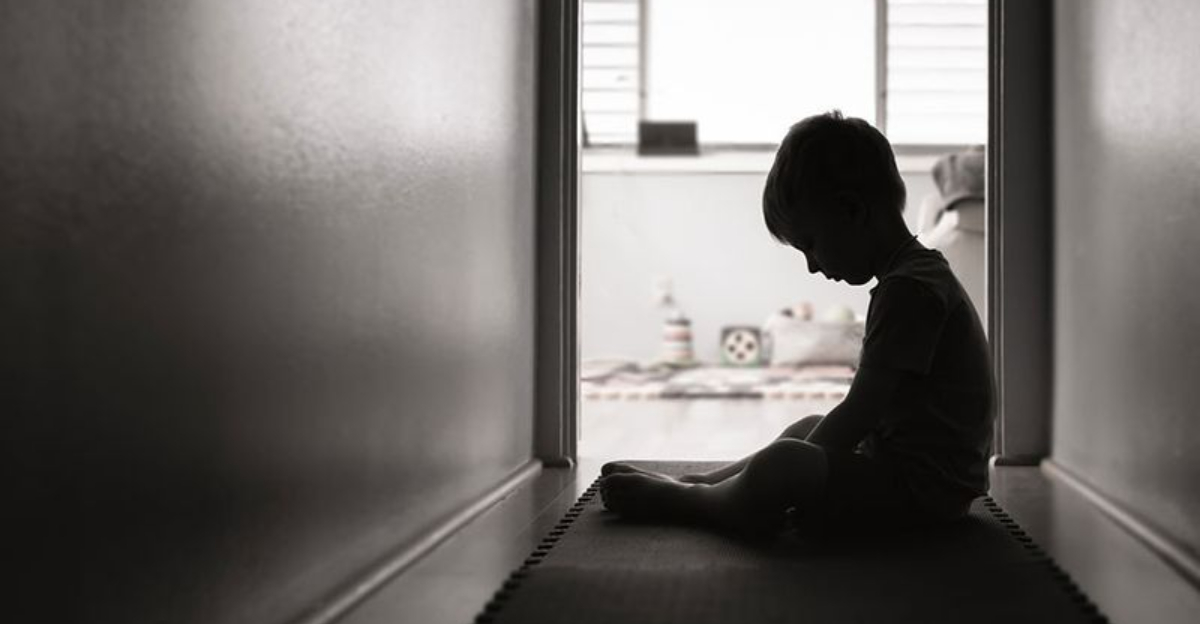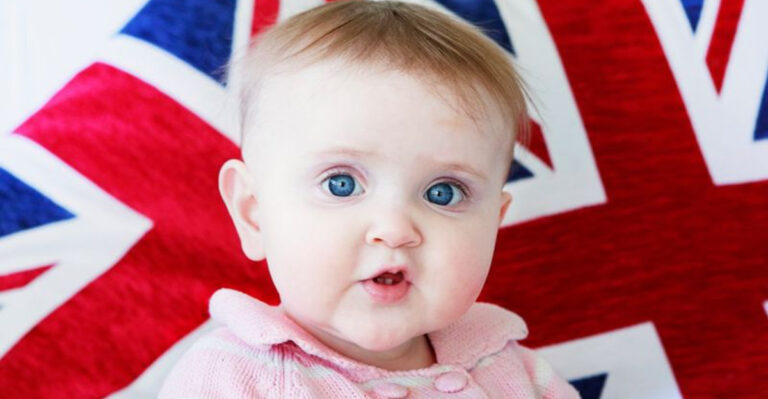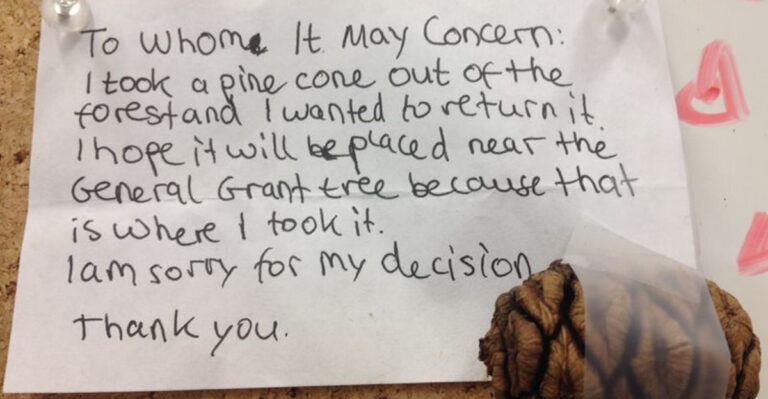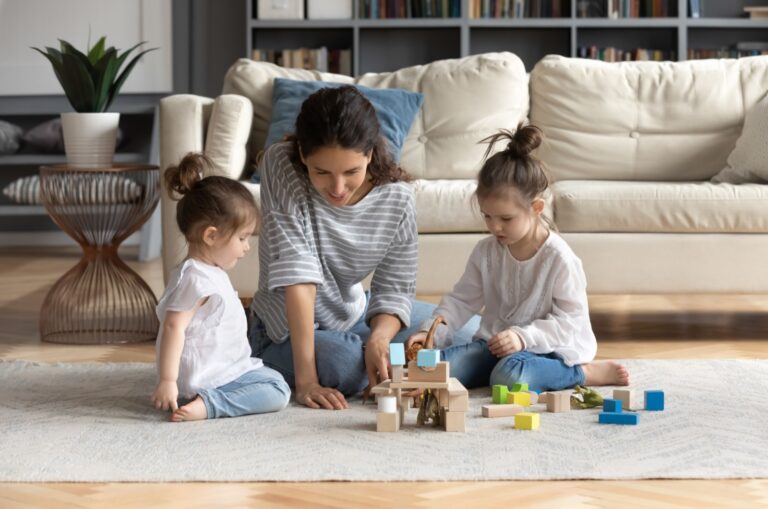People Who Feel Deeply Unwanted As Adults Usually Had These 15 Childhood Experiences
Let’s not pretend this is easy. The kind of loneliness that sticks to your ribs as an adult didn’t just appear one day, served up cold. It grows in quiet cracks—moments you didn’t even know would matter.
If you’ve felt deeply unwanted as you got older, there’s a pretty good chance your story started way before adulthood. I wish more people would say that out loud.
So here’s what often hides under the surface: fifteen specific childhood experiences that plant the idea you don’t belong, or that you’re too much, or not enough. Maybe you’ll see yourself in some of these. Maybe you’ll find a tiny bit of relief, knowing you’re not the only one.
1. The Silence After the Hurt
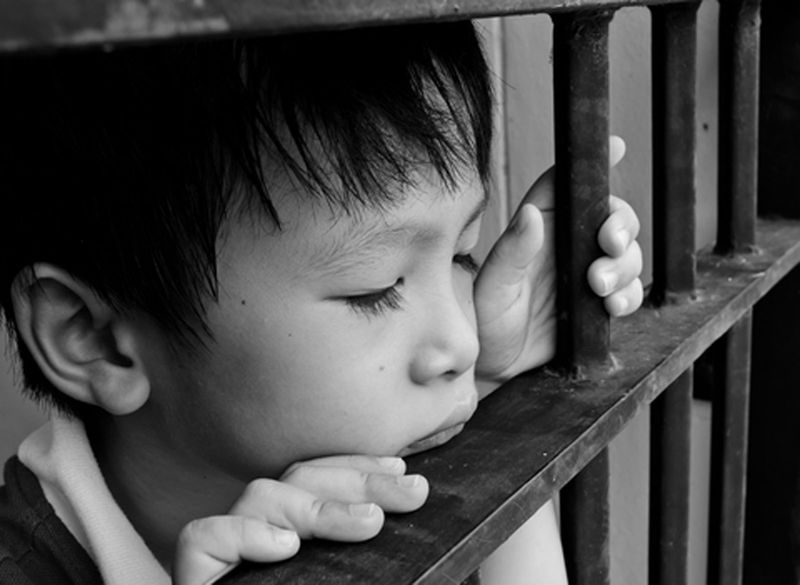
It’s not always about screaming or obvious fights. Sometimes, it’s the silent dinner table, the shoulder turned away, or the feeling that your feelings are just too inconvenient for anyone to bother with.
Maybe you learned to swallow big feelings whole—anger, fear, even joy—because there wasn’t room for them. Emotional neglect isn’t loud. It’s a quiet undoing. No one told you to stop needing, but you figured out quickly it was safer not to need at all.
As adults, we become masters at hiding those old aches. We might not even remember the moments. But the lesson sticks: your feelings don’t matter, so you must not, either. That’s a hard belief to shake.
2. The Unseen Sibling

You’ve spent way too many holidays smiling through gritted teeth while everyone else got the spotlight. You were there, showing up, but somehow still invisible. And you felt it—that sinking feeling like, “Do I even matter to these people?”
That quiet ache of being the afterthought, the background character in your own family’s highlight reel. It cracked something deep. Planted those little seeds of “maybe I’m not enough”, and over time, they grew into full-blown doubts that started following you into every relationship.
Now here you are, still craving that one thing no one ever really gave you: to be seen. For real. Not just noticed—recognized. Like, “She’s here, she matters,” kind of recognized.
And that’s not too much to ask. That’s the bare minimum.
3. Under the Shadow of Perfection

You grew up in a pressure cooker—where “perfect” wasn’t just encouraged, it was the rule. You hit one goal? Cool. Now do better. Rest? Not unless you earned it. Mess up? God forbid.
And I know what that does to a kid. When love starts to feel like a prize instead of a given—only handed out when you’re crushing it or making the family proud—it messes with your wiring. Deep. You weren’t allowed to be human. You were trained to perform. Smile. Achieve. Repeat.
So yeah, no wonder failure feels like a sentence now. No wonder you second-guess yourself even when you’re doing amazing. Because somewhere along the line, you learned that you’re only worth something if you’re winning. And that? That’s a big lie.
4. The Invisible Birthday
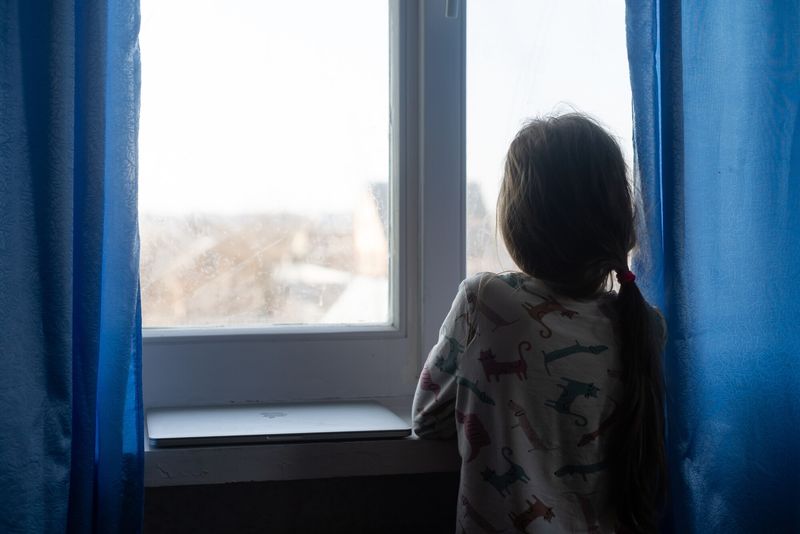
You remember birthdays by what didn’t happen. No one showed up for cake, or maybe someone forgot entirely. You learn to stop getting your hopes up, to shrink your excitement, and to expect disappointment.
This isn’t just about what’s said—it’s about everything left unsaid or undone. Gifts that never came, hugs that never arrived, milestones that passed like any other day.
You start to believe you don’t matter enough for celebration, not even from those who are supposed to care most. That emptiness? It casts a long shadow on future happiness.
5. Chaos Was the Family Routine
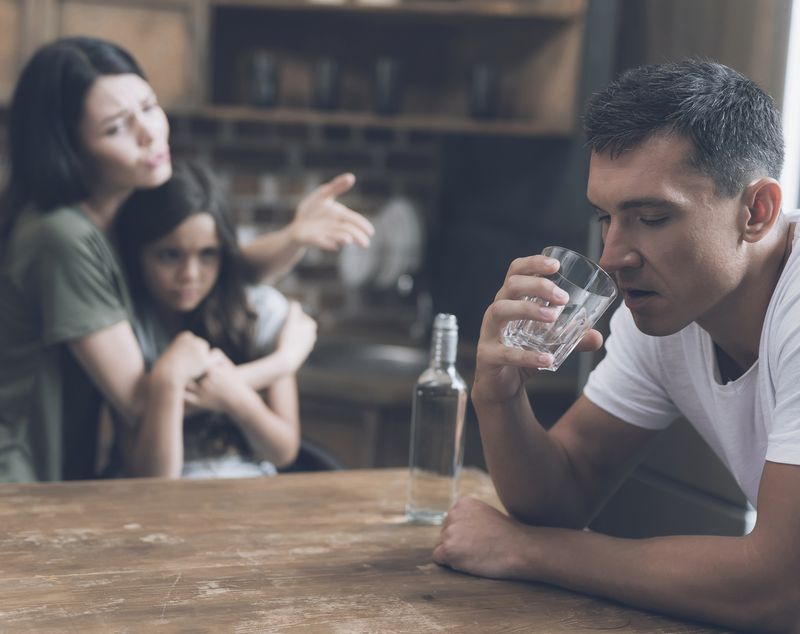
Imagine waking up never knowing if today would be calm or a storm. Household dysfunction—addiction, mental illness, or just plain chaos—teaches you to walk on eggshells. You become a tiny expert at reading the room, scanning for danger, or warning signs in voices.
Nothing felt reliable. Love ran hot and cold. You learned to shrink yourself, to disappear, or to become the peacemaker just to survive the day.
Now, as an adult, you might still brace for impact, even in safe places. The body remembers what the mind worked hard to forget. It’s exhausting, isn’t it?
6. The Day the House Split in Two

Divorce or separation isn’t just a change of address. It’s a split down the middle of your world. You learn to pack a bag and a brave face, bouncing between rooms, stories, and sometimes, versions of yourself.
Loyalty feels like a game you can’t win. You become the quiet observer, the fixer, or the one who tries to make peace by making yourself small. At times, you start to wonder if anyone would bother fighting for you.
As an adult, trust comes with an asterisk. Stability feels slippery. That old echo of “where do I belong?” follows you, even into places that should feel like home.
7. Behind Prison Glass
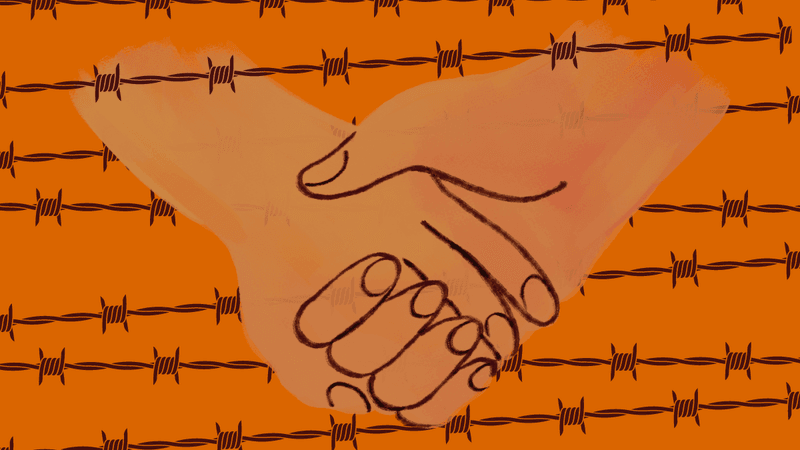
Having a family member locked away isn’t just a story for the news. It’s sitting on cold plastic chairs, waiting for someone who can’t come home. You learn about longing too early. You learn about shame even earlier.
People whisper or stop asking questions. Occasionally, you lie about where your dad or mom is, because the truth feels like it’ll stick to you. Love gets tangled with loss and secrecy.
Long after, you might still feel like an outsider—like you’re carrying a mark no one else can see. The absence becomes a part of you, shaping how close you let anyone get.
8. Questions You Never Asked

When a parent goes away—prison, hospital, or just disappears—no one gives you a manual for filling the hole. You get used to questions you can’t ask out loud. You watch other kids run to open arms, and you wonder what you did wrong.
You might cover up the story or pretend you don’t care. Guilt and longing become twins, always hanging around the edges of your mind.
As you grow, you might still expect people to leave, or that loving someone means preparing to lose them. Absence shapes every hello and every goodbye you’ll ever say.
9. Tiptoeing Around Storms
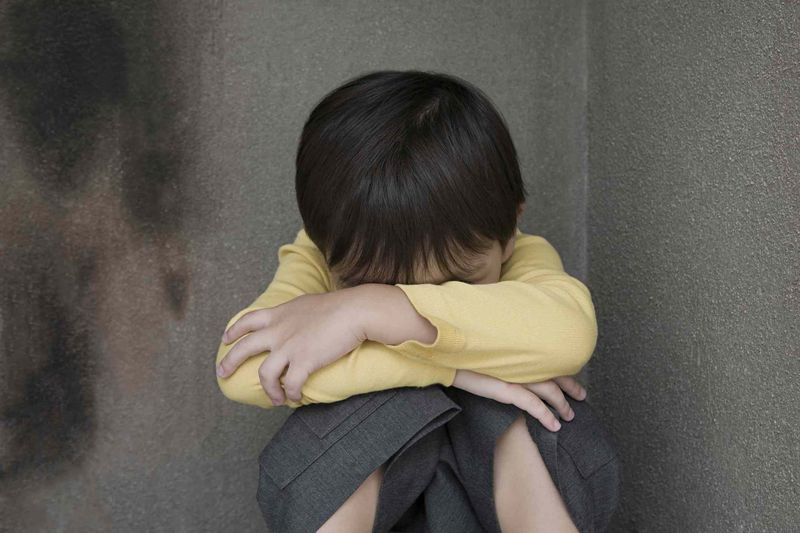
Growing up with mental illness in the house means you get good at reading moods. You always tiptoe around and listen for the next outburst or the silent withdrawal. Everything feels unpredictable, like you’re living with a storm that never fully passes.
You start to think it’s your job to keep the peace, to fix things, or to disappear when things get rough. You never really get to be a kid because you’re too busy trying to be the calm in the chaos.
Now? You still might feel responsible for everyone else’s feelings, and you probably have a hard time knowing where your needs fit in the story. The weight lingers.
10. Bottles in the Cupboard

Alcohol or drugs in the house isn’t just background noise. It’s broken promises, missed birthdays, and learning not to expect much. You get used to picking up after messes—other people’s first, then your own.
You figure out early how to take care of yourself, maybe even your siblings. Love feels conditional, measured by someone else’s sobriety or mood.
Later, you might still wait for the other shoe to drop, or find yourself drawn to chaos because it’s all you knew. The emptiness? It’s just the echo of too many letdowns early on.
11. Watching the World Blur
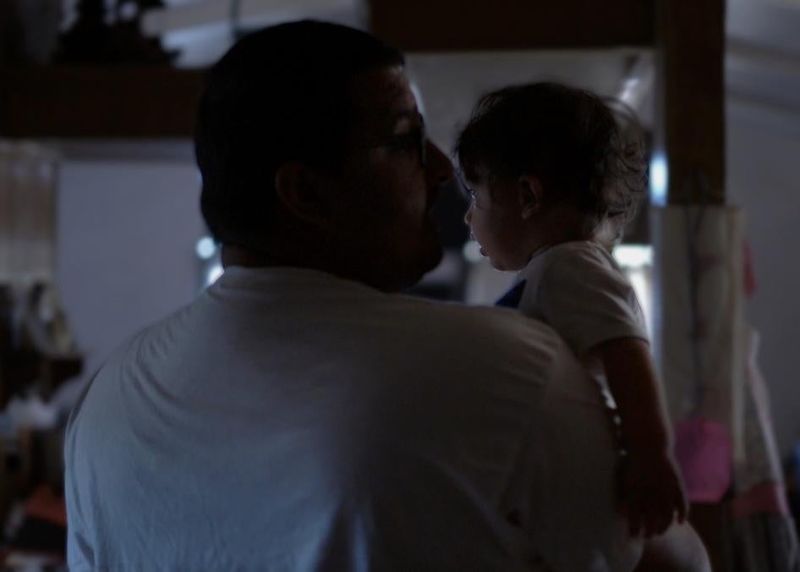
You learned to read the room with your eyes half-closed. Witnessing substance abuse isn’t always about chaos—it can be about silence, too. You watched, and you learned: adults aren’t always safe, and love can be unreliable.
You might have tried to stay invisible, to not trigger any outburst. You became an expert at predicting moods and hiding fear.
Now, you might notice you’re always scanning for trouble, even when nothing’s wrong. It’s not paranoia—it’s practice. The world taught you to be ready for anything, all the time.
12. Bruises You Couldn’t Explain
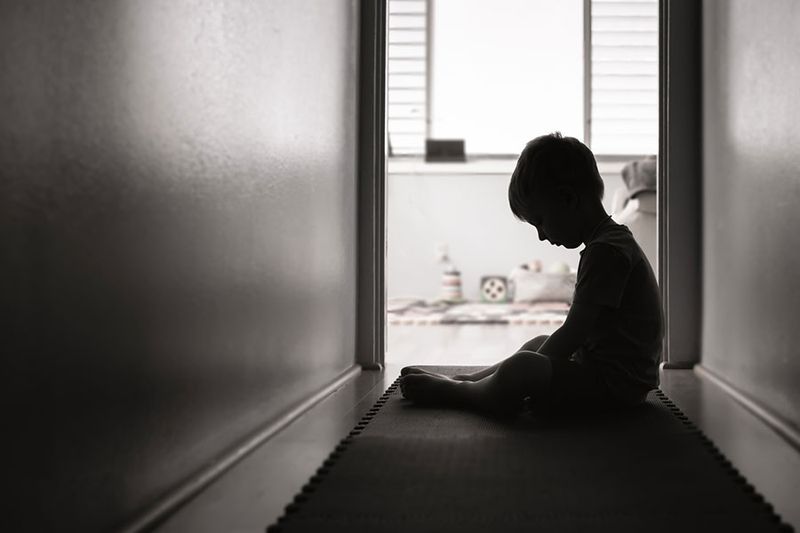
Sometimes, childhood hurts showed up on the surface. Physical or sexual abuse—no getting poetic about it—changes how you see yourself and what you think you deserve. It twists up the idea of safety before you ever had a chance to learn it was possible.
You start to almost expect pain, or think you earned it. It messes with trust, not just in others, but in your own body and instincts. Even years later, hugs might feel electric or dangerous, touch is loaded, and the world’s edges stay sharp.
It’s hard to explain to others why you freeze or flinch. But the story started here. And it wasn’t your fault. It never was.
13. Fists in the Hallway
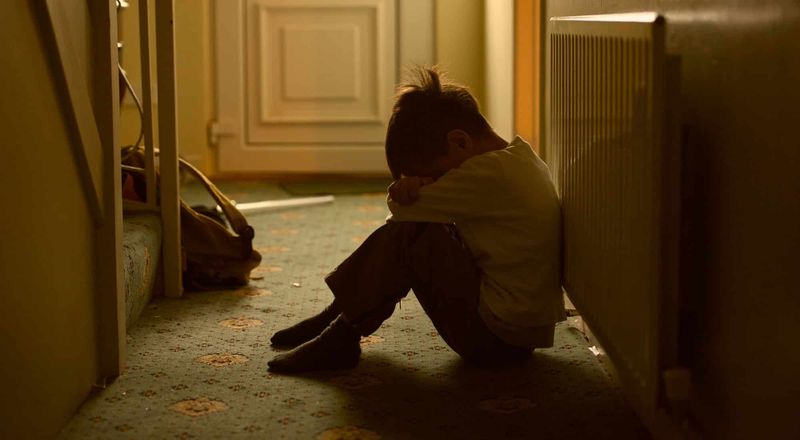
Witnessing violence isn’t something you ever just “get over.” Those sounds—shouting, slamming doors—get etched somewhere deep. You learn to hide, freeze, or make yourself invisible.
You start to connect love with fear, home with danger. Nights last a little longer. The smallest noises can send you back to that hallway in a flash.
Trust is hard when you grew up waiting for something to explode. Even years later, you scan for exits, plan your escape, and hold your breath at the first sign of anger. You’re not being dramatic. This is what survival looked like.
14. Words That Cut Deeper Than Bruises
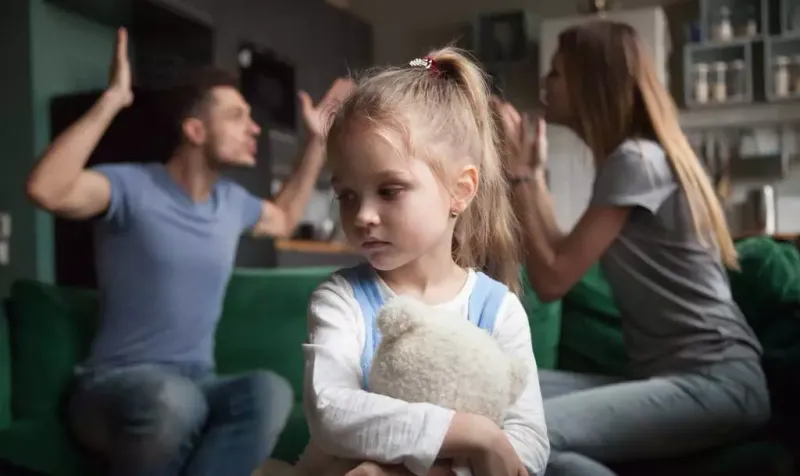
“You’re too much.” “You’re not enough.” Words like these dig trenches in your memory. Psychological abuse isn’t about bruises. It’s about constant criticism, being blamed for things that were never yours, or being told you’re unlovable.
You learn to question every move, every thought, every tiny part of yourself. Self-doubt isn’t an accident—it’s a legacy. Even kindness feels suspicious sometimes, like a setup for disappointment.
As you get older, that inner critic isn’t just a whisper. In certain moments, it’s the loudest thing in the room. And yes, it’s exhausting fighting someone else’s voice inside your head.
15. Empty Fridge, Empty Feeling
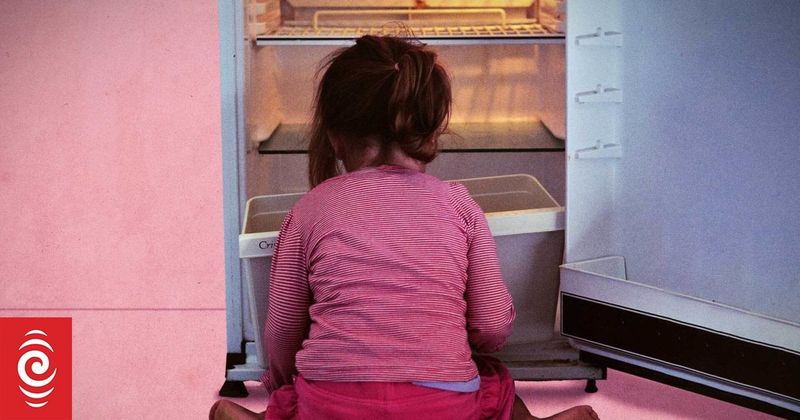
Hunger isn’t just about food. It’s about wanting, searching, wishing someone would notice you need something. Physical neglect looks like empty cupboards, clothes that never fit, shoes with holes. It’s the sense that you’re on your own, even surrounded by people.
You get good at making do, at not complaining, at hiding needs so you won’t be a burden. Maybe, you start to believe you ask for too much just by existing.
De adulto, it shows up as reluctance to need anyone or trust that anyone will show up. That gnawing uncertainty? It started with an empty fridge, and it’s hard to unlearn.

